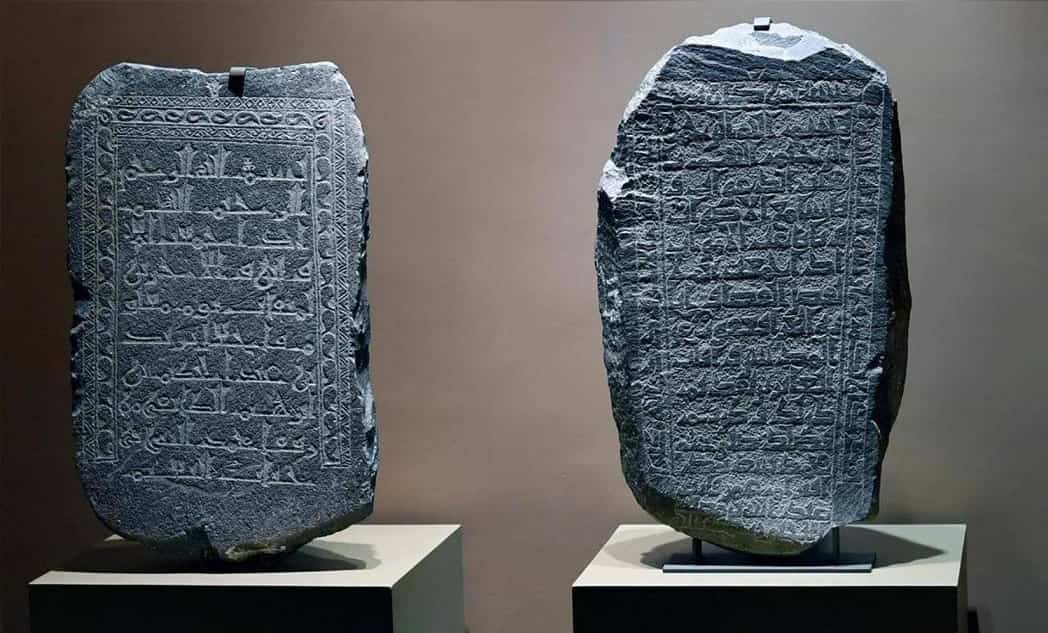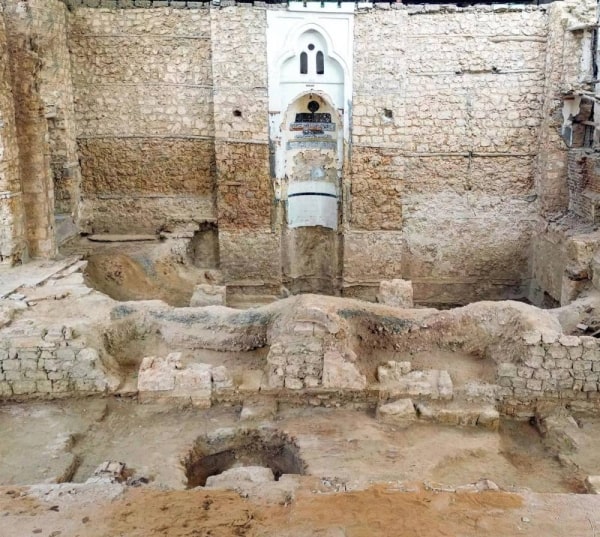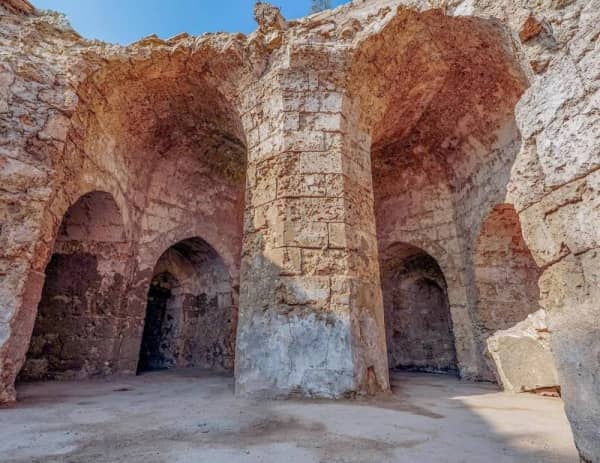25,000 early Islamic Artifact fragments discovered from Historic Jeddah
Archaeologists discovered up to 25,000 artifact fragments in the Jeddah Historic Area, that date back to the Islamic caliphates, which fall within the first two centuries of the Hijri calendar, or the 7th and 8th centuries AD. Join Saudi Expatriates Broadcast channel on Instagram
This statement was issued by the Saudi Heritage Commission together with the Jeddah Historic District Program (JHDP). Saudi Crown Prince Mohammed bin Salman, who is also the prime minister, launched the Historic Jeddah Revival Project, which includes the announcement of the archeological discoveries.
– In January 2020, preliminary research and a geophysical survey were conducted as part of the the discovery project, according to a news statement from the JHDP.
– The objective was to uncover the historical value of 4 important sites, Al-Shona, a section of the Northern Wall, Othman bin Affan Mosque, and Al-Kidwah.
– The Jeddah Historic District Program is in charge of this archaeological project. Historic Jeddah will be promoted as a cultural and touristic destination, national artifacts will be preserved, and the Kingdom’s rich history will be revealed. This initiative is in line with Saudi Vision 2030. Most Viewed : Saudi Arabia introduces “Passenger with No Bag” service at its Airports
– A total of 11,405 pottery fragments weighing 293 kg, 11,360 animal bones weighing 107 kg, 1,730 shells weighing 32 kg, 685 building materials weighing 87 kg, 187 glass artifacts weighing 5 kg, and 71 metal artifacts weighing 7 kg were among the significant findings that were unearthed during the archaeological survey and excavations in November 2020, as reported in the release. All told, these artifacts weigh 531 kg, making them a significant addition to Saudi Arabia’s archaeological record.
– Excavations at the Othman bin Affan Mosque uncovered artifacts from various eras and the first two hundred years after the hijrah (AH). Of particular note were ebony pillars discovered close to the mihrab, which, upon analysis, were found to have originated on the island of Ceylon (now Sri Lanka) in the Indian Ocean. This finding demonstrates the rich trading network that existed during historic Jeddah.
– The press release states that the same location also yielded an extensive collection of ceramic artifacts, including broken pots and pieces of fine porcelain.
– Pottery fragments from the Abbasid period coexist with more recent finds, some of which originate from the Chinese province of Jiangxi and date back to the 16th to 19th century AD. Recommend : For the first time, Bangladesh sends doctors to Saudi Arabia
– Pottery shards from all over the world, including China, Japan, and Europe, have been unearthed at the archeological site at Al-Shona. The artifacts discovered there date back to the 19th and 20th centuries AD. Parts of the Eastern Moat, unearthed during excavations at Al-Kidwah (Bab Makkah – Makkah gate), are believed to have originated in the late 18th century.
– Several sites in ancient Jeddah have tombstones crafted from marble, granite, and Mangabi stone. Possibly dating back to the 2nd and 3rd centuries AH, these tombstones bear inscriptions of names, epitaphs, and verses from the Holy Qur’an. They are presently the subject of thorough investigation by experts.
– Scientific investigation of artifacts, excavations, soil analyses, geophysical surveys, and radiocarbon analysis were all part of the archaeological studies conducted at the four historical sites.
– In order to determine the age and species of 52 different structures, researchers submitted their wood samples to labs throughout the world. In addition, over 984 historical documents, including maps and sketches of historic Jeddah, were uncovered through significant worldwide archival research. Thorough research is being conducted on them at the moment. Read : Saudi Arabia discovers longest cave
– Archaeological objects discovered in Historic Jeddah were documented, registered, and preserved under the supervision of the Heritage Commission and the Jeddah Historic District Program.
– The National Archaeological Register was established to document these finds, and specialized databases were established to store data pertaining to the artifacts that were found. Subscribe to Saudi Expatriates on YouTube






1 thought on “25,000 early Islamic Artifact fragments discovered”
Comments are closed.